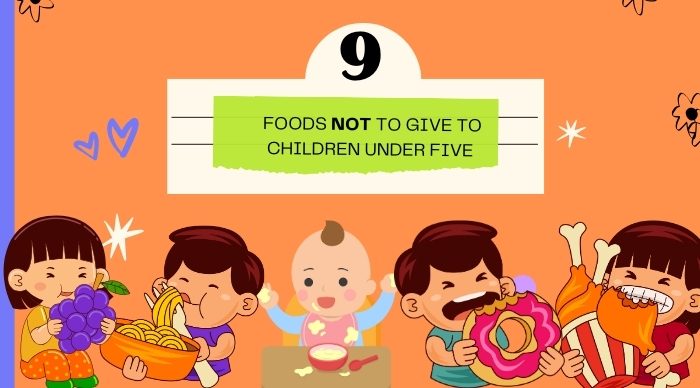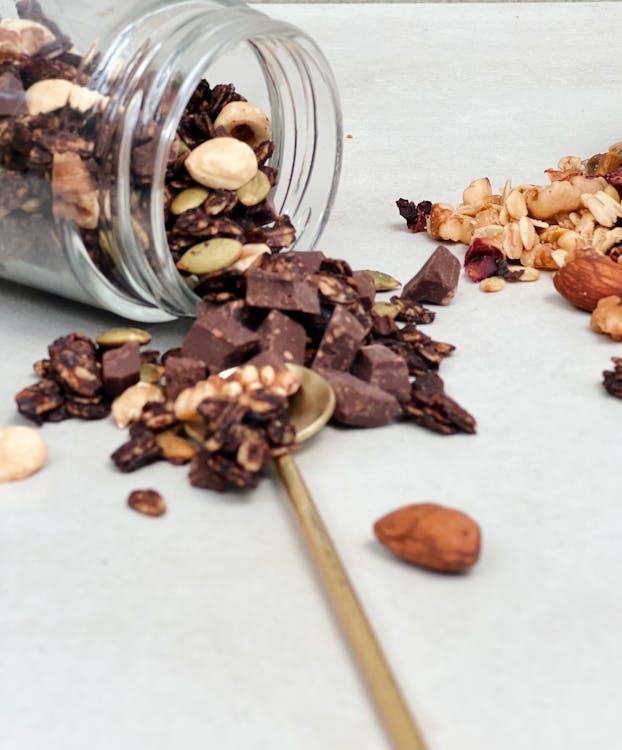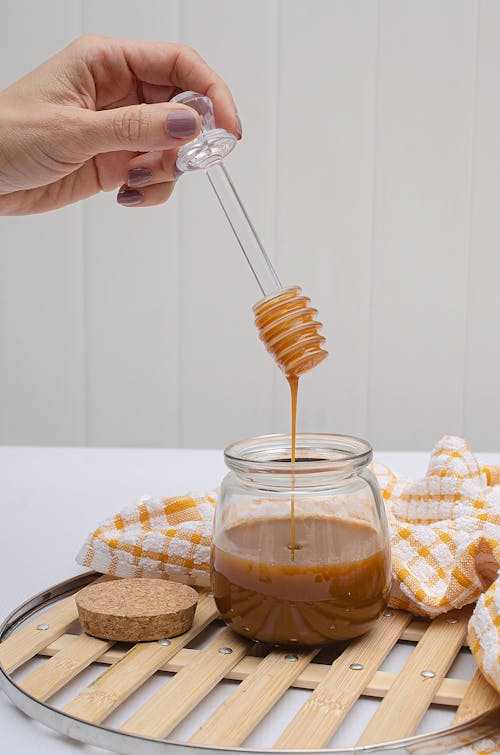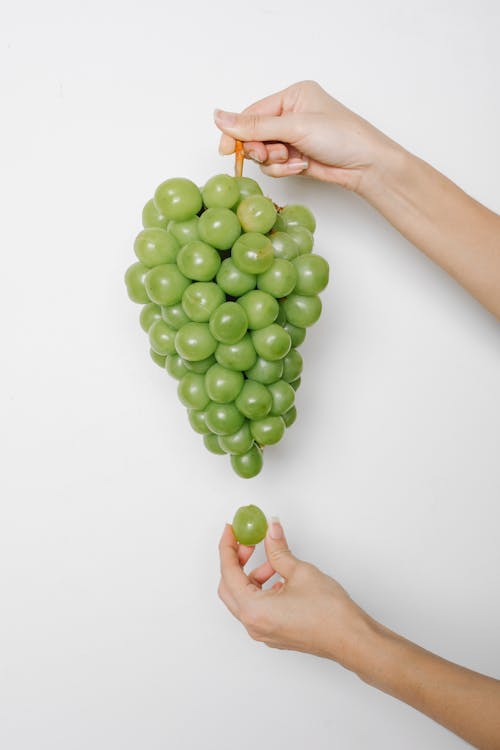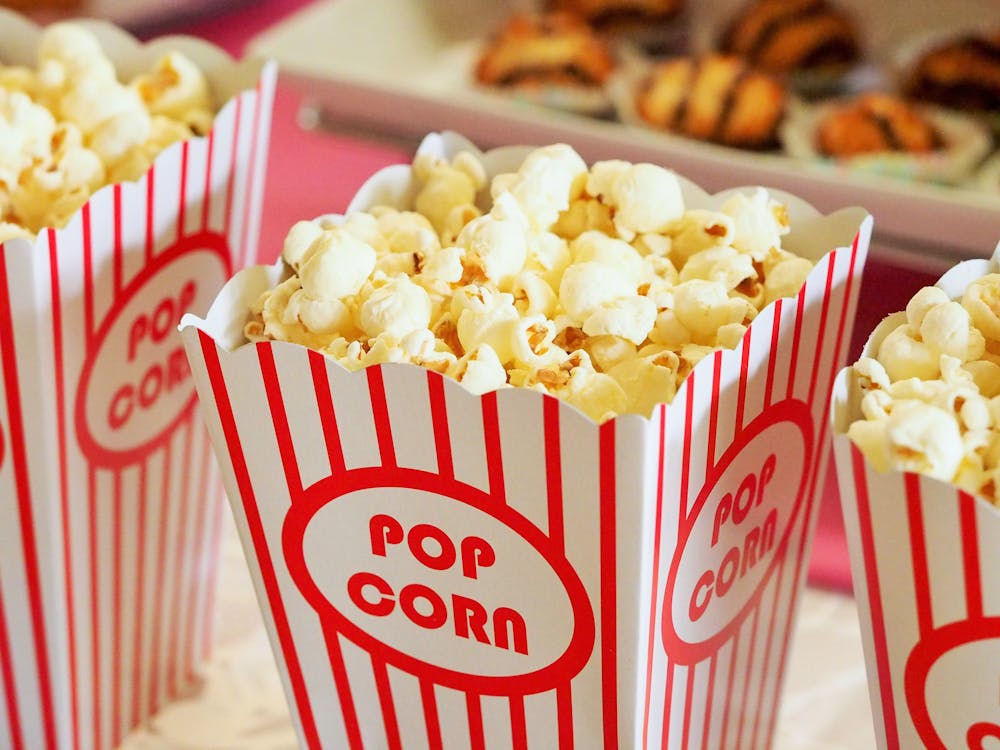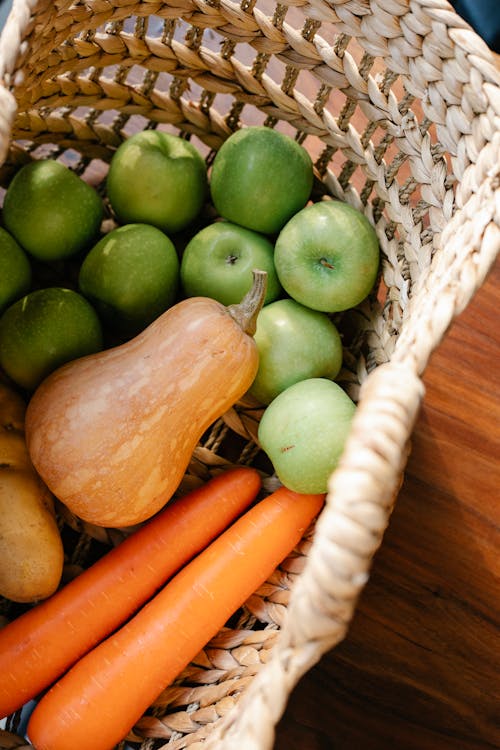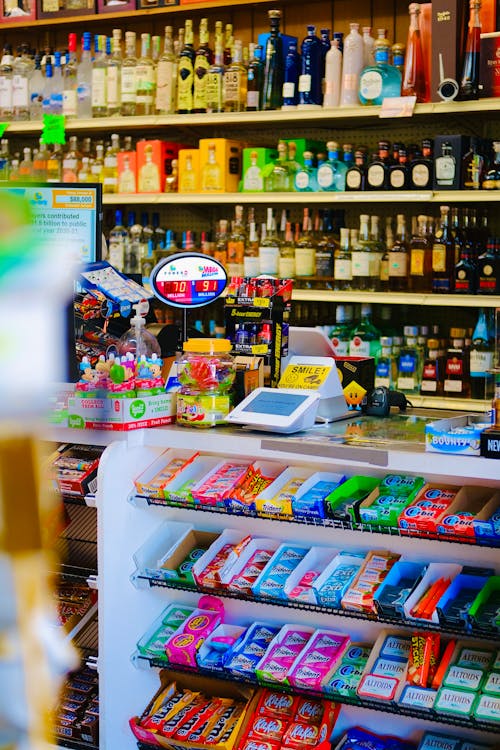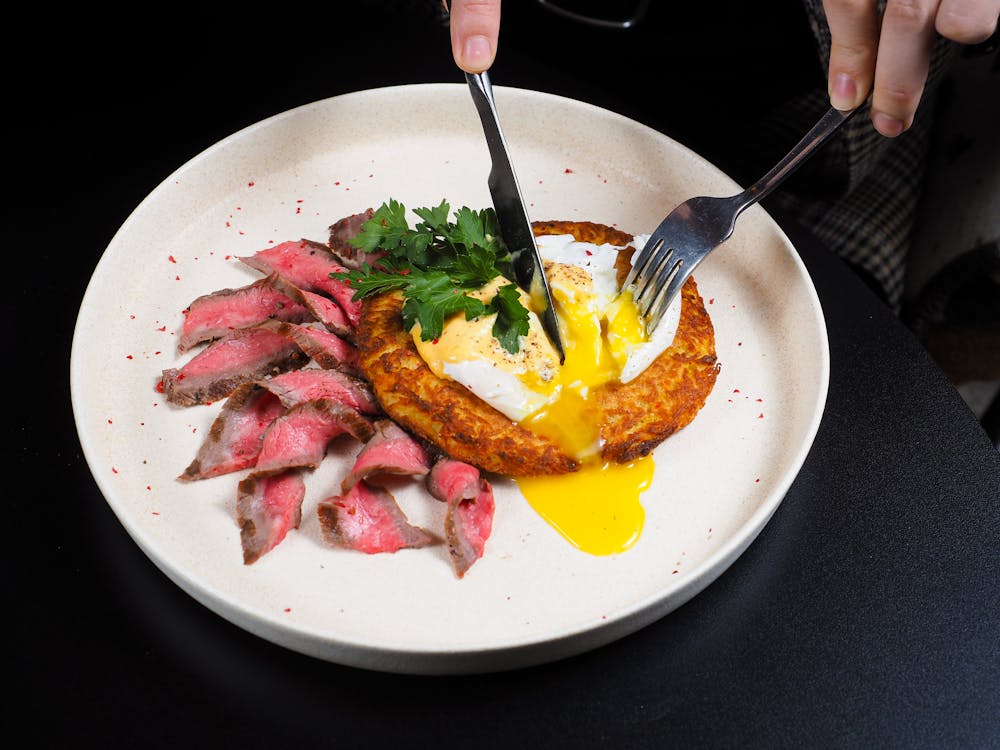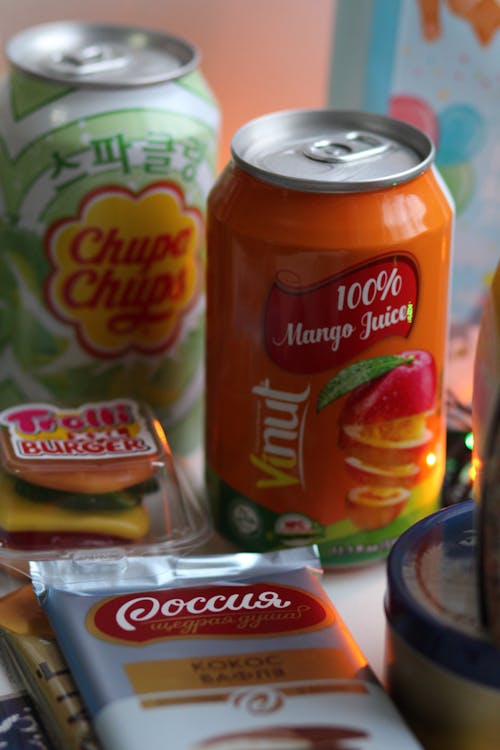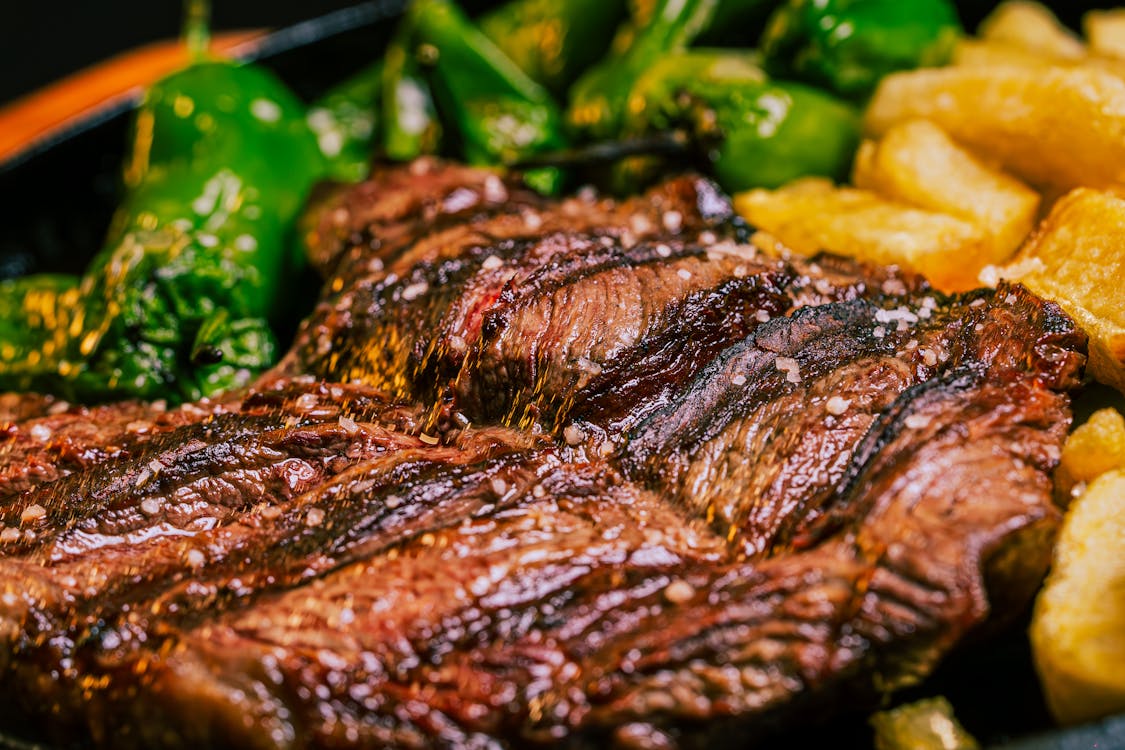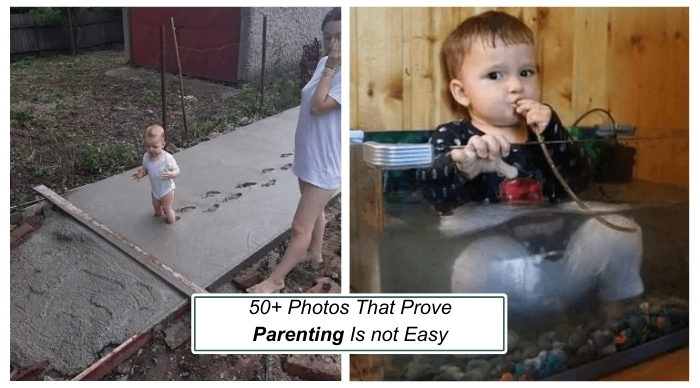9 Foods Not to Give to Children Under Five
The feeding of toddlers is a tough task! Indeed, certain foods supply nutrients required to help them grow, but others can be seriously harmful to their health. Knowing about the wrong foods that children under five are not supposed to eat can help you spot these hazards and keep your child safe.
9 Foods Not to Give to Children Under Five
A quick reference to 9 foods you should avoid and the reasons why.
1. Whole nuts and seeds:
Whole nuts and seeds are dense in nutrients and healthy, but not for toddlers and preschoolers. However, large nuts like almonds, peanuts, and cashews pose a choking hazard due to their tiny throats and lack of chewing ability. Seeds, too—sunflower and pumpkin, to name just two—are no better, since their infinitesimal volume makes accidental ingestion more likely.
What You Can Do:
Use nut butter spreads on toast or in smoothies instead of whole nuts. Ground nuts would be another safe addition, as you can use them to add texture in meals as well as a nutritious component.
Can a 3-Year-Old Eat Sunflower Seeds or Peanuts?
Whole nuts and seeds should be avoided for children under five:
- Choking Hazard: Their small size and hard texture are risky.
- Allergy Risk: Peanuts and other nuts are also common allergens, so introduce them cautiously in safe forms (e.g., smooth peanut butter).
2. Honey:
At first, you may think honey is a sweet and natural treat, but it should be avoided for children under age of one. Honey, however, may also contain Clostridium botulinum, a bacterium that produces the botulism-causing toxin harmful to infants.
It is a rare but serious disease that can cause muscle weakness, poor feeding, and respiratory problems. As foodborne pathogens can survive in the stomachs of infants and toddlers, even toddlers should not be given honey until they are over 2—where their digestive systems have matured a little more.
What You Can Do:
Substitute honey for mashed fruit for sweetness like bananas or applesauce. These alternatives bring along some natural sweetness in addition to fiber and vitamins.
Why Can’t Babies Have Honey?
Honey is a big no-no for children under one year.
- It can contain Clostridium botulinum spores, which can cause infant botulism, a rare but serious illness.
- After the age of one, the risk diminishes as the digestive system matures.
3. Raw grapes and tomatoes:
Whole grapes and cherry tomatoes may seem like classic snacking choices, but those round, slippery balls are a true choking risk. These foods can enter a child’s trachea, preventing air from passing. Cutting them into quarters is the safest way to serve them; full is not always good enough.
What You Can Do:
Grapes and cherry tomatoes should always be cut lengthwise into quarters or smaller pieces. To add some extra safety, have your child sit down while eating these foods.
Why Are Grapes a Hazard?
Whole grapes are one of the most common choking hazards for young children. Their slippery texture and size can block a child’s airway.
- Recommendation: Always cut grapes lengthwise into small quarters until at least the age of five.
4. Popcorn:
Popcorn is a classic snack that most families love but not for children under 5. With its light, irregular texture, it is easy for young children to suck up mistakenly. Sometimes, popcorn kernels are trapped in their throats and in their gums, causing injury or at least discomfort.
What You Can Do:
Replace popcorn with puffed rice or toddler puffed corn snacks. So these options are softer and more palatable options that are safer.
5. Raw carrots and hard fruits:
Hard-textured foods like raw carrots, apples, and other similar hard fruits are difficult for small children to chew, increasing the risk of choking. These foods can be a choking hazard for children under the age of five who may not have the jaw strength and coordination necessary to chew those foods safely.
What You Can Do:
Cook raw carrots until fork-mashable, in a steamer or in boiling water. When it comes to apples and pears, always grate very finely (or cook until soft and mash the flesh), and remember to remove any seeds as these contain cyanide!
6. Chewing gum and hard candy:
Gum and hard candy can pose a great choking hazard for small children. They are not only hard to chew, but they can be swallowed whole, which can cause the airway to become blocked. Those foods are also cavity creators because they are high in sugar.
What You Can Do:
Do not buy gum or hard candy for children under the age of five. When your child desires a treat, go for softer, like yogurt drops or homemade fruit gummies.
7. Raw Eggs and Undercooked Meat:
That’s because raw eggs and undercooked meat can be contaminated with germs such as Salmonella or E. coli that can cause gastrointestinal disease (food poisoning). It’s clear that young children are at increased risk for these infections as their immune systems are still developing, emphasizing the need to thoroughly cook these foods.
What You Can Do:
Cook eggs until both the yolk and whites are firm. Cook livestock to protected inner temperatures—160°F for floor beef and 165°F for poultry use a food thermometer to make certain
When Can Babies Eat Eggs?
Babies can start eating fully cooked eggs from six months of age. However:
- Avoid raw or undercooked eggs as they can carry Salmonella, a harmful bacteria.
8. Sweet Snacks and Drinks:
Candies, sodas, baked goods, and other sugary delights may beckon them, but they are a slippery slope for young children. Excessive sugar consumption can cause cavities, obesity, and also develop a taste for sweets into adulthood.
What You Can Do:
Choose naturally sweet snacks (fresh fruits, plain yogurt with maple syrup, oats baked cookies) instead of sweets. From an early age, teach the kids to indulge in treats in moderation.
9. Processed Meats:
Hot dogs, sausages, and cold cuts are often full of salt, preservatives, and additives that are not appropriate for toddlers. Additionally, these meats can be a choking hazard due to their shape and slippery texture.
What You Can Do:
Go for non-processed meats like shredded chicken or turkey. If you must serve hot dogs, you should cut them lengthwise and then cut into smaller pieces to decrease the risk of them choking.
Importance of Avoiding These Foods
These formative years are vital to a child’s development. Providing them with a safe, healthy diet helps to promote their physical health, brain growth, and overall wellness. By knowing which foods are troublesome, you know what should be avoided to keep your child safe but to also promote healthy behaviours.
Also Read: 7 Tips From Lazy Mom That Work Wonders
More Tips When Feeding Kids Under 5
Say Close During Meals: Always keep your child close when consuming so you may reply quickly when a problem arises.
Promote Little Bites: Guide your child to take little bites and chew well before swallowing bite.
Enforce Table Etiquette: Do not allow children to eat while on the go because there are high chances of choking when he is running or doing anything.
Be Gradual With New Foods: Kids can be picky. Try not to overwhelm them by introducing new foods gradually and in smaller portions.
Balanced Diet: Provide a variety of fruits, vegetables, proteins, and whole grains to fuel their growing bodies.
Why Can’t Kids Under Four Have Popcorn?
Popcorn can get stuck in a child’s airway, leading to choking.
Can Babies Have Strawberries?
Yes, but introduce them after six months and watch for allergic reactions.
What Is the Number One Food to Avoid?
Honey for babies under one year, due to the risk of botulism.
Can a 3-Year-Old Eat Blue Cheese?
Avoid blue cheese for young children. Its mold content can be harmful to immature digestive systems.
Is Cheese Bad for Kids?
No, but limit aged, moldy, or overly processed varieties. Fresh, mild cheeses like mozzarella are great options.
The Big Picture
Being a parent comes with many decisions to make, and we all want to do our best for our kids. Knowing which foods to avoid is an integral part of keeping them safe and sound. Feeding toddlers is more than just nutrition—it is a way of teaching and an opportunity to build joyful relationships with food.
Keep this list saved, and always reach out to your pediatrician if you are ever in doubt about any particular food. Taking small steps to eat safer today can impact your child’s future immensely.
